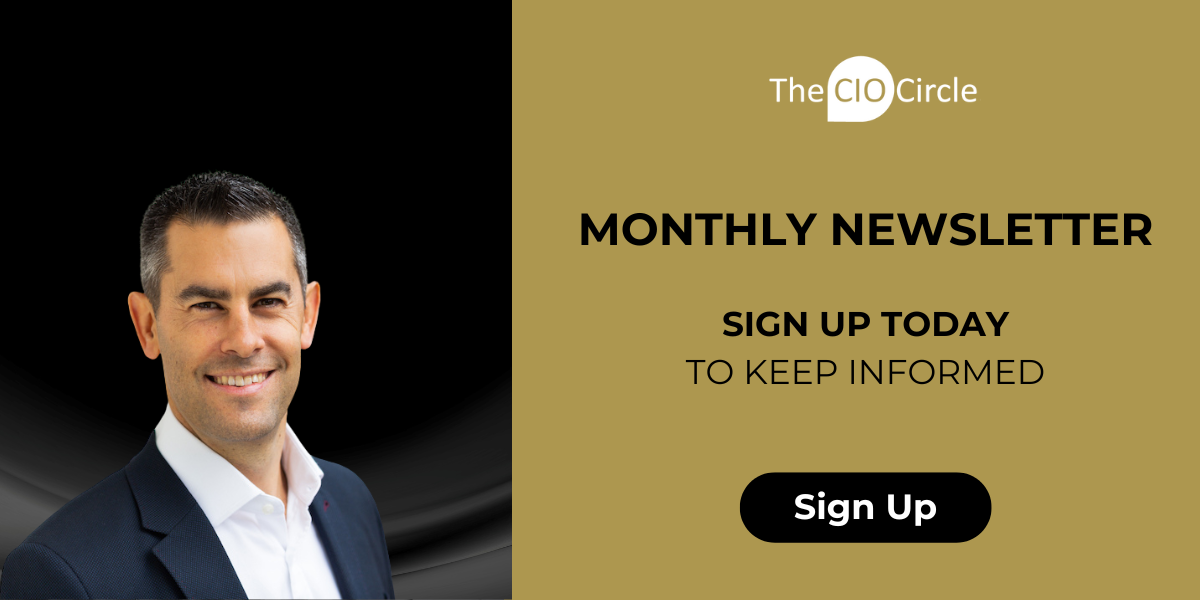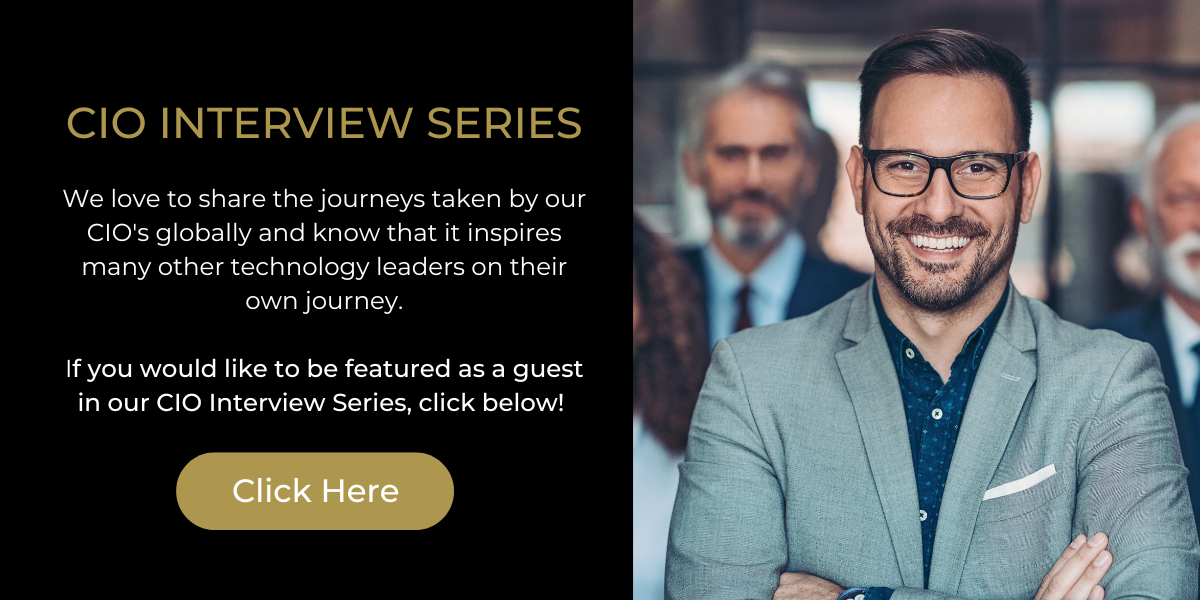BASHIR AGBOOLA
Vice President/Chief Technology Officer at the Hospital for Special Surgery
Can you please provide a little introduction about yourself
I am the Chief Technology officer and Vice President at the Hospital for Special Surgery (HSS), a New York-based Academic Medical Hospital, and the global leader in musculoskeletal care.
What has your journey to your position been like? What path have you taken?
I began my professional career in Nigeria, where I studied Computer Science at the Bachelor's and Master's Degree levels, before emigrating to the United States to work with an IT Services firm in New Jersey. My consulting assignments on behalf of that company led me to Memorial Sloan-Kettering Cancer Center (MSKCC, a top-tier academic medical cancer care hospital), where I transitioned from consulting to a permanent employee. I had the opportunity to move into management fairly quick at MSKCC and got progressively larger management responsibilities there, until I left in 2014 to join HSS as their Chief Technology Officer.
Has it always been your vision to reach the position you’re at? Was your current role part of your vision to become a tech leader?
I think so. I realized long ago that I could make a greater impact professionally by being in a technology leadership position that would allow me to combine my passion for technology with my love for solving problems to help organizations achieve strategic differentiation and business advantage.
Have you had a role model or mentor that has helped you on your journey?
I am an avid learner. I have learnt from many people over the years, including some business leaders I consider mentors. I see a great deal of value in learning from the experiences of others.
How do you see the role of the technology leader evolving over the next 5 years?
The role of the technology leader is increasing recognized as essential to business transformation and success. The COVID-19 pandemic and the digital transformation it accelerated in many companies has helped to demonstrate that technology is both a critical capability for the modern enterprise and a business enabler and strategic differentiator. To be successful, the technology leader needs to be a business leader first and a technologist second. They need to understand how technology can both enable and support business objectives. We already see the evolution of the technology leader as many organizations shift technology leadership from a traditional CIO to a digital leader, in recognition of the importance of digital technologies to the business. Technology leaders must evolve to be digital leaders to stay relevant to the needs of their organizations.
What skills do you think leaders of the future will need in order to thrive?
There are leadership qualities that are timeless and universal. These are relevant to leaders of tomorrow as they were to leaders over the millennia. These include qualities of empathy, integrity, emotional intelligence, ability to inspire action through effective communication, and approaching leadership as a service to the led (i.e. servant leadership). In addition to these qualities, leaders of tomorrow need to be adept at accelerated learning to keep up with the rapid evolution of knowledge in industries today. They also need to embrace the inclusivity that is required to benefit from the collective talent and wisdom of a diverse global workforce.
How do you keep current with new skills, technologies and personal development?
I have a long-running practice of maintaining “a learning agenda”, which is a short list of topics I want to go deep on over a period of time. I leverage books, audiobooks, podcasts, conferences, and whitepapers quite a bit. I also find research from advisory services beneficial. It helps that I do a fair amount of business writing and speaking at professional events. That gives me some of the impetus I need to study to stay current on technology and personal development topics.
What do you see as the next leap in technology that will impact your business or industry in particular?
Digital Health is a big thing and promises to change how we deliver healthcare. A number of technologies are facilitating this push to digitally-enabled care, including the advancement in wearables, cloud and mobile computing, and advances in wireless communications. This is forcing established players in the healthcare business to digitally reinvent themselves to compete with the rapid advancements of the digital upstarts.
"Many people keep fighting even after they have won the fight. They don’t stop to savor their victory."
If you were mentoring a leader of the future, what advice or guidance would you give to help them on their way?
Its important to know why you do what you do; to recognize what you want, why you want it, and what you are willing to do to achieve it. It is also important to be able to recognize when you reach that goal. Many people keep fighting even after they have won the fight. They don’t stop to savor their victory.
It is important to recognize the power of gratitude, and to pause to appreciate what you have even as you aspire for more. It is also importance to not lose sight of important things in life as you work hard to achieve your goals. These include important relationships, your health, and the need to show empathy to others on your path to the top.
Also, the path to success is strewn with the thorns of failure and hardship. You will get pricked, you might stumble from time to time, you might even fall a few times. Knowing what you want, why you want it, and what you are willing to do for it might be what helps you to get back up and keep going. Most failures aren’t fatal. Don’t be quick to conclude that any particular failure you experience is.
Is there anything in particular that you would still like to achieve in your career or what is the next step on your journey?
I have always been an entrepreneur at heart. I have dabbled into a few ventures over the years. I still have plans of going back to my entrepreneurial roots. I also love coaching and mentoring. I think I might pursue a career in executive coaching sometime in the future.
If you could change one thing in the world, what would it be?
That is the million-dollar question. There is so much I would love to change in the world. Since I have to choose just one, I would say childhood hunger. I see so many children across the world deprived of the opportunity of decent nutrition due to a host of factors (poverty, unequal opportunities, war, etc.). That is often an indication of a poor outlook for those children as they are likely to not get a good education, likely to be victims of crime, and likely to get sucked into the criminal justice system. Childhood hunger is itself a symptom of many societal ills, and to eradicate it really requires that we tackle the underlining causes.
If you would like to gain more perspective from Tech Leaders and CIOs you can read some of our other interviews here.



